
Your shed might seem like the ideal spot to stash just about anything, but that’s not always the case. Some items can get damaged or even pose risks if left in there too long. Before you load up your shed, check out what you should definitely keep out.
Electronics
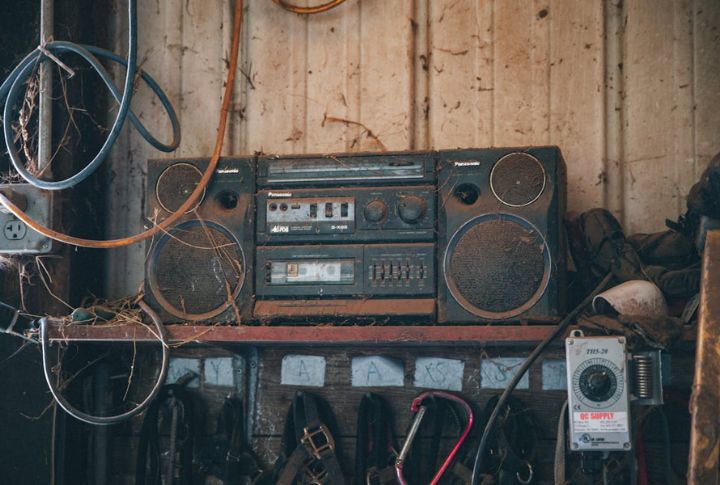
Extreme temperatures and electronics don’t mix. Outdoor sheds often lack climate control, causing high heat or freezing cold to damage internal components. Moisture can also wreak havoc on wiring and lead to malfunction or total breakdown.
Paint and Varnishes
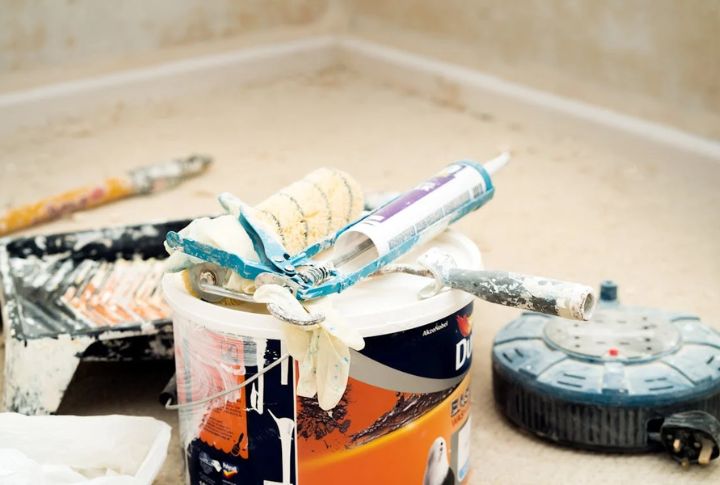
Paints and varnishes may seem like shed-friendly items, but temperature swings can cause them to separate or dry out. Freezing temperatures can ruin the consistency, while heat makes them thicken or harden.
Photographs

Sheds aren’t kind to your cherished memories. High humidity can cause photographs to warp, discolor, or stick together. If you’re preserving family albums or important documents, store them inside, away from moisture and direct sunlight, to protect them from deterioration.
Canned Food
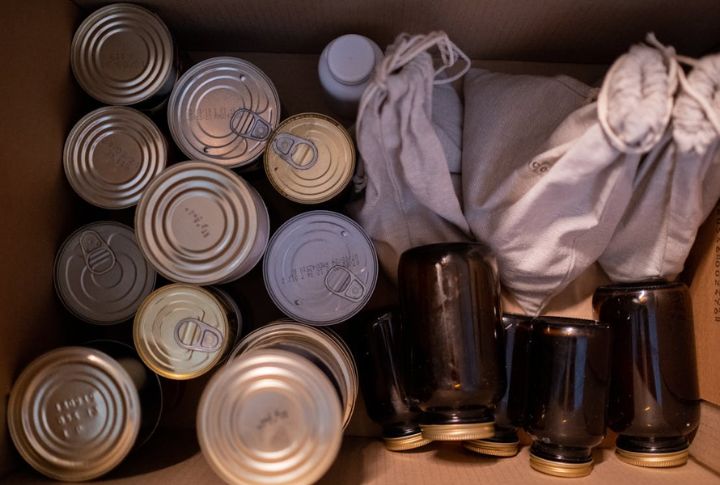
Even though sealed, canned food isn’t safe in a shed. Heat causes the contents to spoil faster, while freezing temperatures can cause cans to burst. Plus, fluctuating temperatures can break down the food’s quality over time.
Leather Furniture
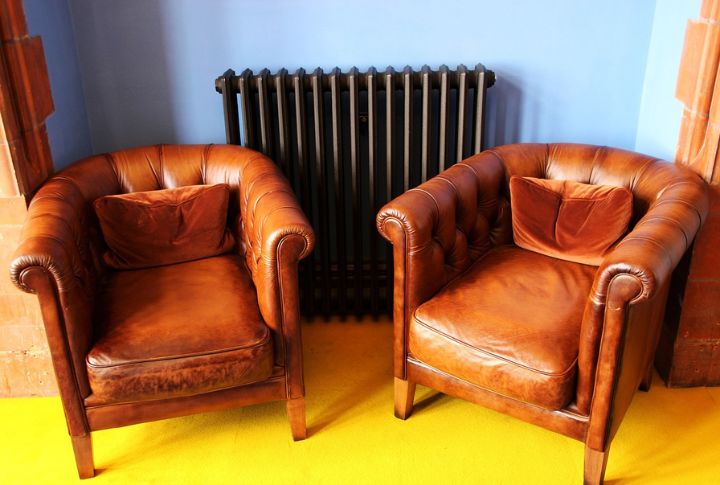
Leather is susceptible to temperature changes and humidity. Storing leather furniture in an outdoor shed can cause it to crack, fade, or grow mold. If you want to preserve your leather items, ensure they stay indoors in a dry, climate-controlled space.
Musical Instruments
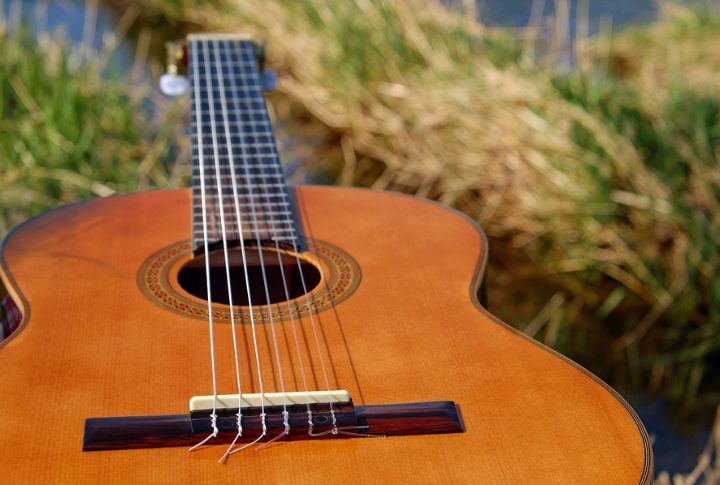
Wooden instruments are vulnerable to temperature and humidity fluctuations, which can cause warping or cracking. Metal parts can rust over time, too. Sheds don’t offer the climate stability that instruments need, so it’s best to store them in a controlled environment.
Garden Seeds
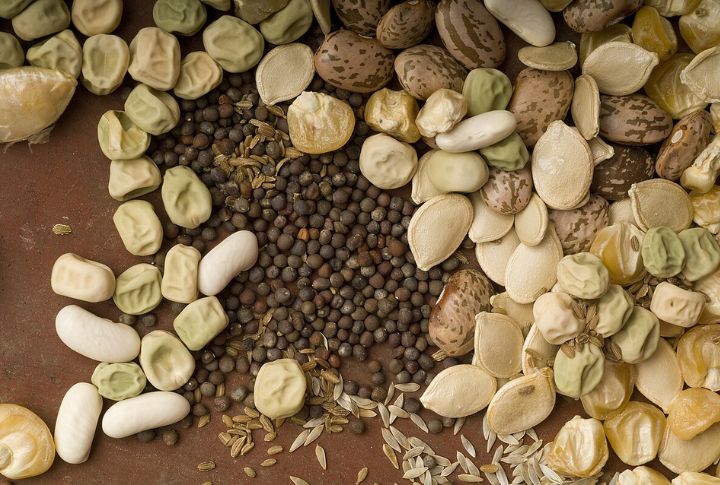
You might think garden seeds belong in your shed, but they’re actually quite sensitive to temperature and humidity changes. Heat can cause seeds to lose viability, while moisture can lead to mold and rot. For the best results, store your seeds in a cool, dry place indoors.
Important Documents
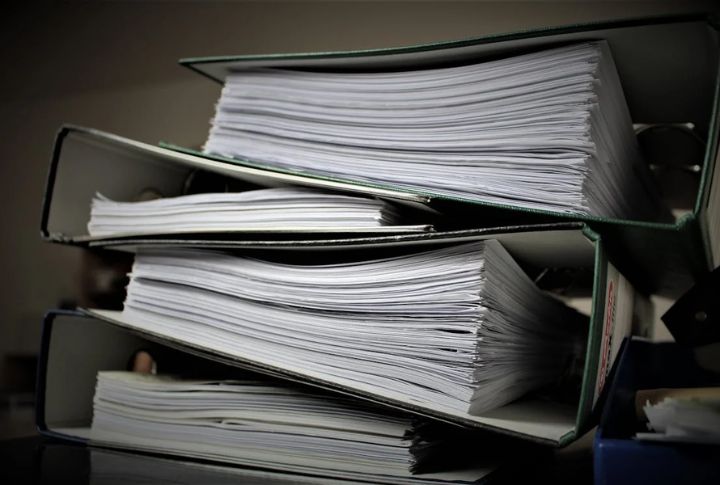
Documents like tax forms, contracts, or birth certificates need protection from moisture, pests, and temperature changes. Storing them in a shed could lead to water damage, mold, or insect infestations. Keep your important papers safely indoors in a dry, secure place.
Gasoline
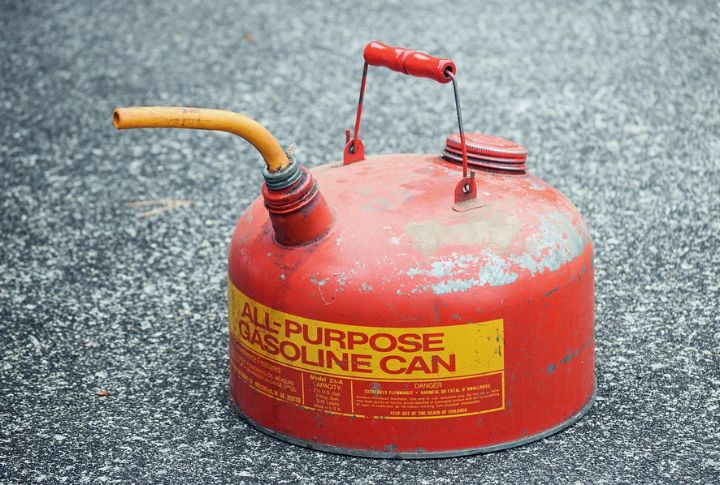
While it might seem convenient to store gasoline in a shed, it’s dangerous. High temperatures can cause gasoline to expand and leak and lead to a serious fire hazard. Always keep gasoline in an approved container in a ventilated area far from your house and not a shed.
Batteries
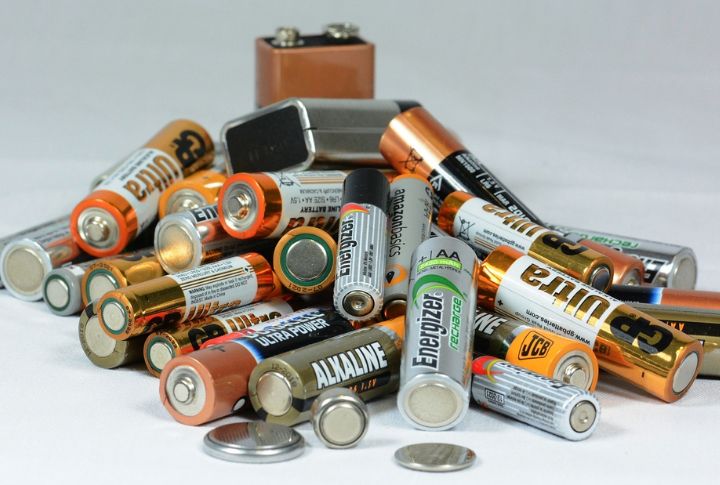
Both heat and cold are hard on batteries. Heat can cause them to leak or even explode, while cold temperatures reduce their lifespan. Storing batteries indoors in a cool, dry place will help maintain their charge and prevent damage.
Perishable Food
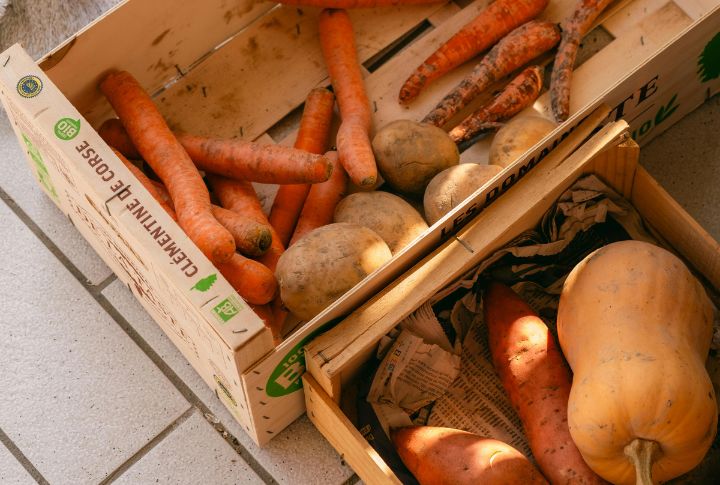
Sheds aren’t temperature-controlled, which makes them a terrible spot for perishable food. Food like fruits, vegetables, and dairy will spoil quickly without refrigeration. Instead, keep perishables in your kitchen or fridge to prevent mold and rot.
Wooden Furniture
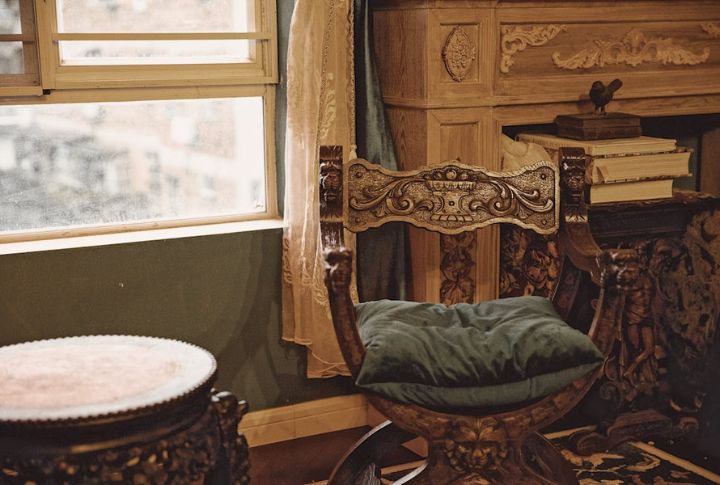
Like leather, wood is sensitive to temperature changes and moisture. Extreme heat might dry out and split wood, while cold or wet conditions can lead to warping. To avoid damage, store wooden furniture in a dry, indoor space.
Clothing and Fabrics
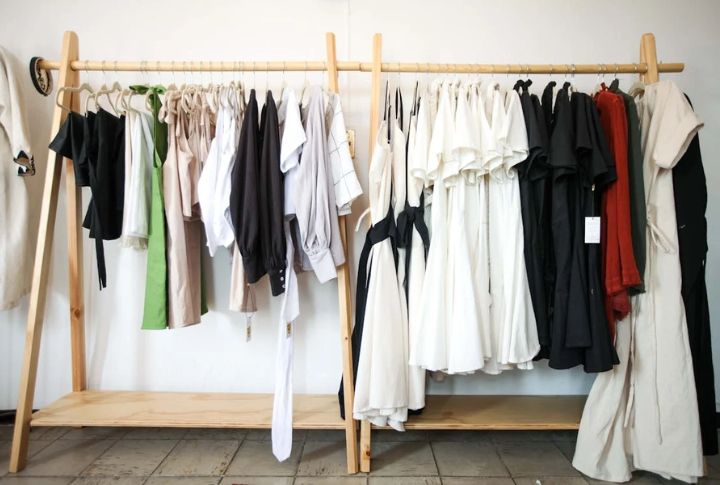
Keeping clothes or fabrics in a shed exposes them to humidity and pests. Moths, mice, and moisture can easily ruin your items. Store your clothes in a sealed container inside your home to keep them fresh and intact.
Medicine

Most medications have to be stored in a cool, dry place to maintain their potency. Outdoor sheds are too hot, cold, or humid, which can degrade the medicine and reduce effectiveness. Always keep medicine in a controlled indoor environment, such as a bathroom cabinet.
Firewood
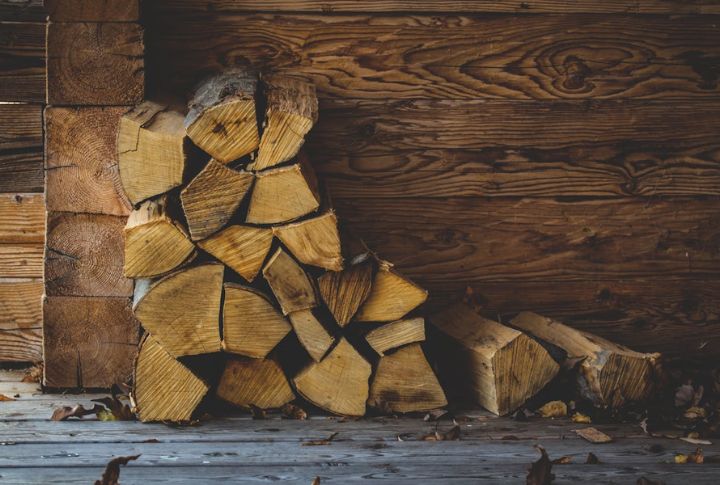
While it seems logical to store firewood in a shed, it can invite pests, like termites or carpenter ants, into your shed. Firewood should be stored outdoors, stacked neatly and off the ground, but always away from structures to avoid attracting critters.

